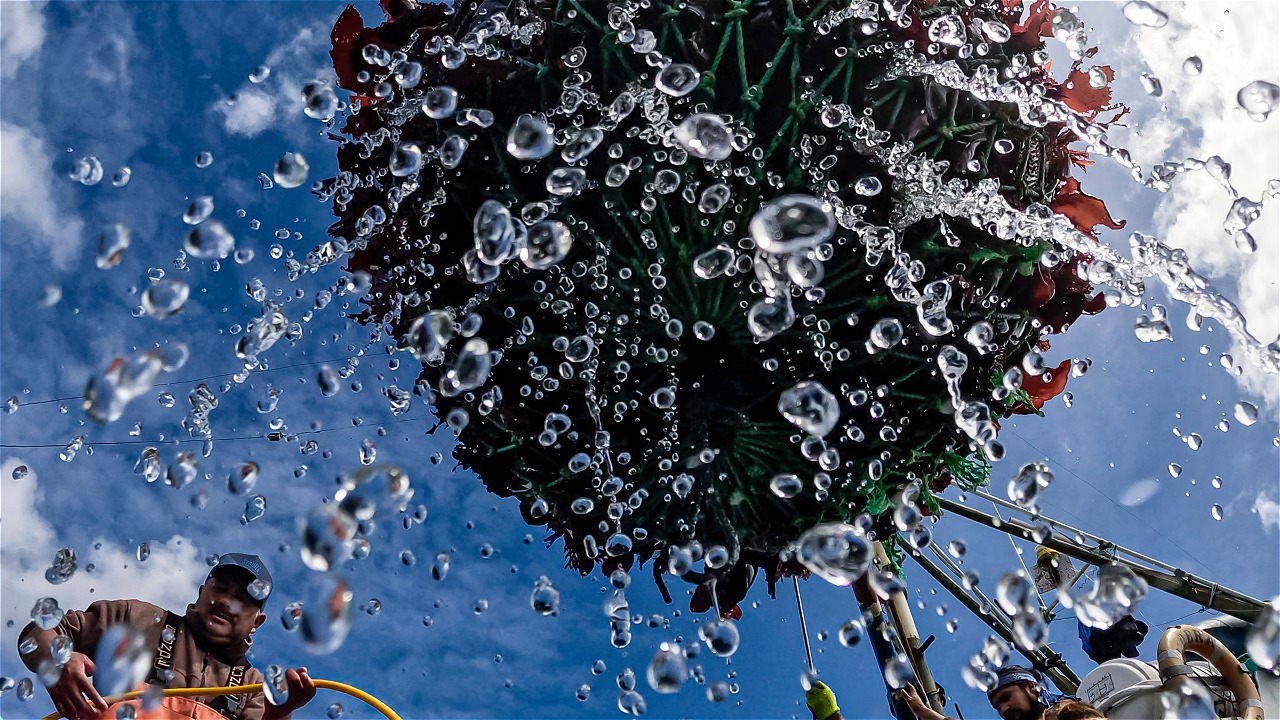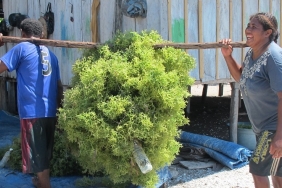SUPPORTING SUSTAINABLE FISHERIES MANAGEMENT IN SOUTHEAST MALUKU, WWF AND POLIKANT CONDUCT EAFM TRAINING
By: Irvan A. Fikri (Fisheries Science Officer, WWF-Indonesia)
To support the efforts of sustainable fisheries management in Indonesia, on November 17-20, 2015, WWF-Indonesia in collaboration with Politeknik Perikanan Negeri Tual (POLIKANT), held a training on fisheries management using Ecosystem Approach - or better known as Ecosystem Approach to Fisheries Management (EAFM) - at POLIKANT Campus, Tual.
The training, which lasted for four days, aimed to introduce EAFM to the parties involved and play an important role in fisheries management in Maluku Barat Daya Regency, including preparing research students to be able to collect data related to EAFM indicators in the Kei Kecil Small Island Park (TPK) conservation area.
EAFM is an important and main 'tool' in developing Fisheries Management Plans (FMPs) towards sustainable Indonesian fisheries, where EAFM indicators - which are grouped into six things, namely fish resources, fishing techniques, habitat, social, economic, and institutional - can integrate ecological aspects and socio-economic aspects.
Fisheries management in Indonesia itself has been regulated by Law No. 31/2004 and reaffirmed in Law No. 45/2009. Legally, 'fisheries management' is defined as all efforts, including the integrated processes of information gathering; analysis; planning; consultation; decision-making; allocation of fish resources; and implementation and enforcement to achieve aquatic biological resource productivity and agreed objectives.
In addition to WWF-Indonesia, training materials were also delivered by Pattimura University. The materials were compiled based on KP Regulation No. 9/2015 concerning Standard Competencies for Specialized Work in Fisheries Management with an Ecosystem Approach (SKKK-EAFM), which includes an introduction and scope of EAFM; competence in providing data to assess fisheries management performance with EAFM indicators; as well as an introduction to data analysis and EAFM recommendations. Not only theory, the participants also simulated EAFM data collection in the field.
The training was attended by around 20 participants from various institutions, such as the Southeast Maluku Marine and Fisheries Service (DKP); Southeast Maluku Agriculture, Fisheries and Forestry Extension Agency (BP4K); Southeast Maluku Regional Development Planning Agency (Bappeda); and POLIKANT lecturers and students.
With this training, it is hoped that in the future the participants - the majority of whom are stakeholders - can accept and apply the EAFM concept in order to build sustainable and responsible fisheries management in Southeast Maluku Regency.





